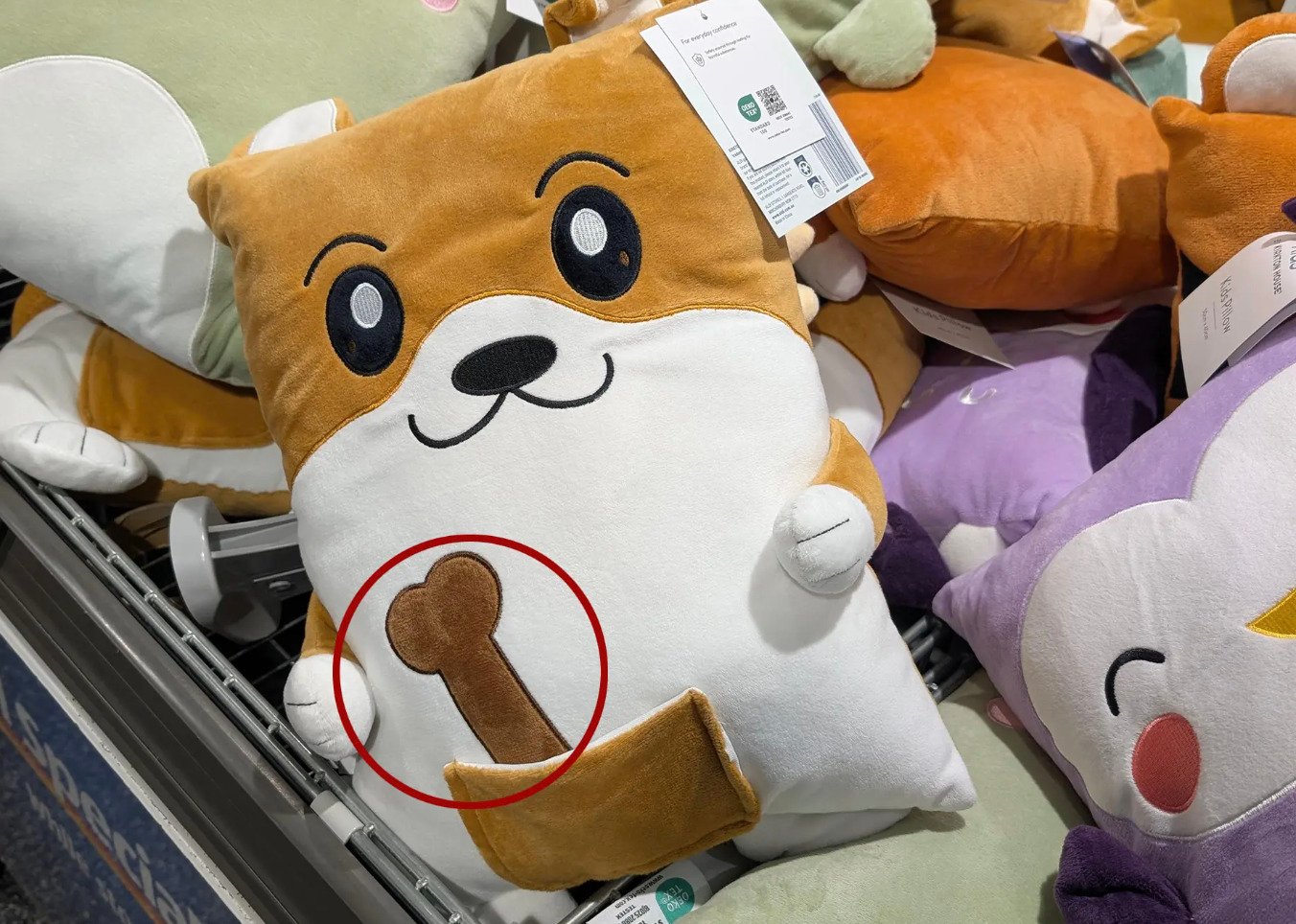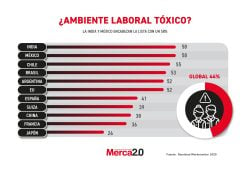In the digital era, the public has an unprecedented level of power over brands and their products. With just one click, a viral opinion can transform the fate of an item and force a company to rethink its strategy. Now, a children’s toy from Aldi has gone viral after a shopper shared a photo of the plush animal online, highlighting a questionable and “inappropriate” design detail.
In recent years, consumers have demonstrated their influence by canceling products deemed inappropriate, whether for cultural, ethical, or moral reasons.
Brands now face a dilemma: how to innovate without crossing sensitive lines. Today, companies must be more aware of the impact of their products on different audiences. The inclusion of diversity teams and pre-launch research has become essential practices.
According to a study by Sprout Social, 90 percent of consumers say that a brand’s authenticity influences their purchasing decisions, and 75 percent trust user reviews more than the company’s own advertising. This phenomenon has turned social media into a crucial channel for building trust and credibility.
What’s the Story Behind the Toy?
An Aldi children’s toy went viral after a shopper shared a photo of the plush animal online, pointing out a questionable design feature.
The Reddit post showed a plush toy displayed in the central aisle, featuring a dog character hiding a bone in a pouch under its stomach.
However, due to the toy’s design placement, many viewers were taken aback.
“Hey Aldi, I feel like this is a bad product design,” the user captioned the photo, along with a laughing emoji.
They mentioned being “tempted to buy one” but ultimately didn’t, though they thought it would make a great gift.
The post gathered hundreds of likes, and the community quickly chimed in with their thoughts on the amusing discovery.
“Grab me a bone, kids!” joked one commenter.
“I can’t unsee it,” wrote another.
“He looks so happy with himself,” someone laughed, while another commented, “I can’t believe no one thought, ‘Hmm, potentially inappropriate’ at any point in the design process.”

The original poster speculated that a designer might have submitted the toy for approval just to see if it would get the green light.
“Someone’s getting fired,” another commenter joked.
However, many admitted it took them a moment to realize what was wrong with the design.
“Honestly, I stared at it for a few seconds, wondering what was wrong,” one person said.
“You’re a decent person,” someone replied.
Meanwhile, a content creator on Threads also shared a photo after seeing the toy, saying, “Think you’ve had a bad week? Probably not as bad as the week of the employee who approved the design of this Aldi plush toy…”
This is not the only instance where a product has attracted unexpected attention due to unfortunate design flaws.
Recently, the Kmart brand sparked buzz with its $9 vibrating back massager, which appears to be something much more risqué than its intended purpose.
Marketed for “personal shoulder, neck, and back massages,” many shoppers believed its design suggested a more intimate use.
In a Facebook group for Kmart Mums, one user shared a photo of the item and jokingly asked, “Hey moms, wondering if anyone has used this? Are the vibrations intense? It says it’s for personal use… but how personal?”
This highlights how social media has democratized the conversation between companies and consumers, making every opinion count. In this landscape, digital reputation management has become a priority for any brand looking to solidify its presence in the market.
Reed more:
Walmart removes Hispanic signage and products from stores
Estée Lauder plans to eliminate up to 7,000 jobs
How did the fentanyl epidemic start? A story of unethical marketing









